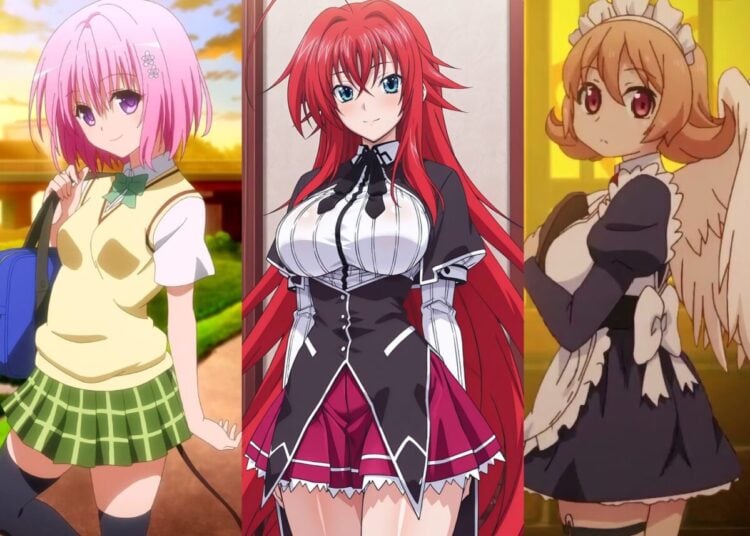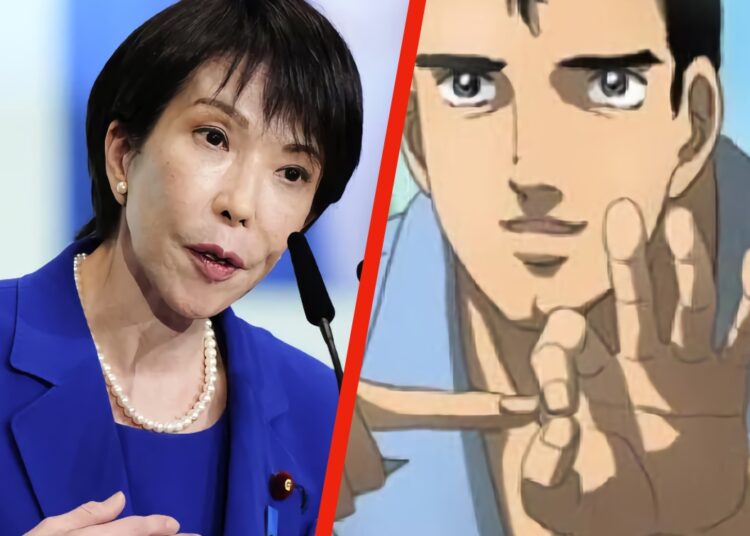A few days ago a controversy erupted on Japanese Twitter when Japanese politician Kanako Otsuji denounced advertisements for a mahjong game collaboration as inappropriately sexualizing women. Various news sources chimed in with reporting, and Twitter exploded with reactions to her comments.
JR大阪駅の御堂筋口。こんな広告が…。2022年の日本、女性の性的なイラストが堂々と駅出口で広告になるのか…。 pic.twitter.com/nsNlJCMiEr
— 尾辻かな子 (@otsujikanako) November 25, 2022
Advertisements for Online Mahjong Game Called “Sexualizing Women”
Former Japan House of Representatives member Kanako Otsuji posted a tweet decrying a “character collaboration” between online mahjong game Jantama (operated by Yostar, of Azur Lane fame) and the Saki mahjong anime as sexualizing women. Her tweet translates as
At the Midosuji exit of JR Osaka station. In Japan in 2022, sexual illustrations of women will be proudly advertised at station exits…
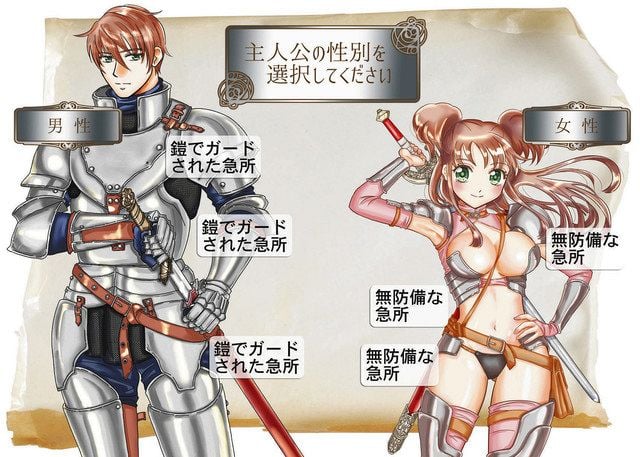
Ms. Otsuji followed up her tweet by posting a link to an article that discussed the age-old question of why women are drawn differently from men in fantasy games, wearing “bikini armor” while men get proper armor.
Fortunately for fans of pretty anime girls, the advertising agency responsible for the ads pushed back on Ms. Otsuji’s comments, saying, “We repeatedly checked the ads for appropriateness and revised the art before approving them for display, following JR’s guidelines. We also took into consideration issues such as, had the game received a ‘restricted’ age rating or not. We have nothing to say to Ms. Otsuji.”
News reporting on the exchange was brisk, with various Japanese online news sources like Yahoo Japan, Share News Japan and NicoVideo News posting articles on the controversy.
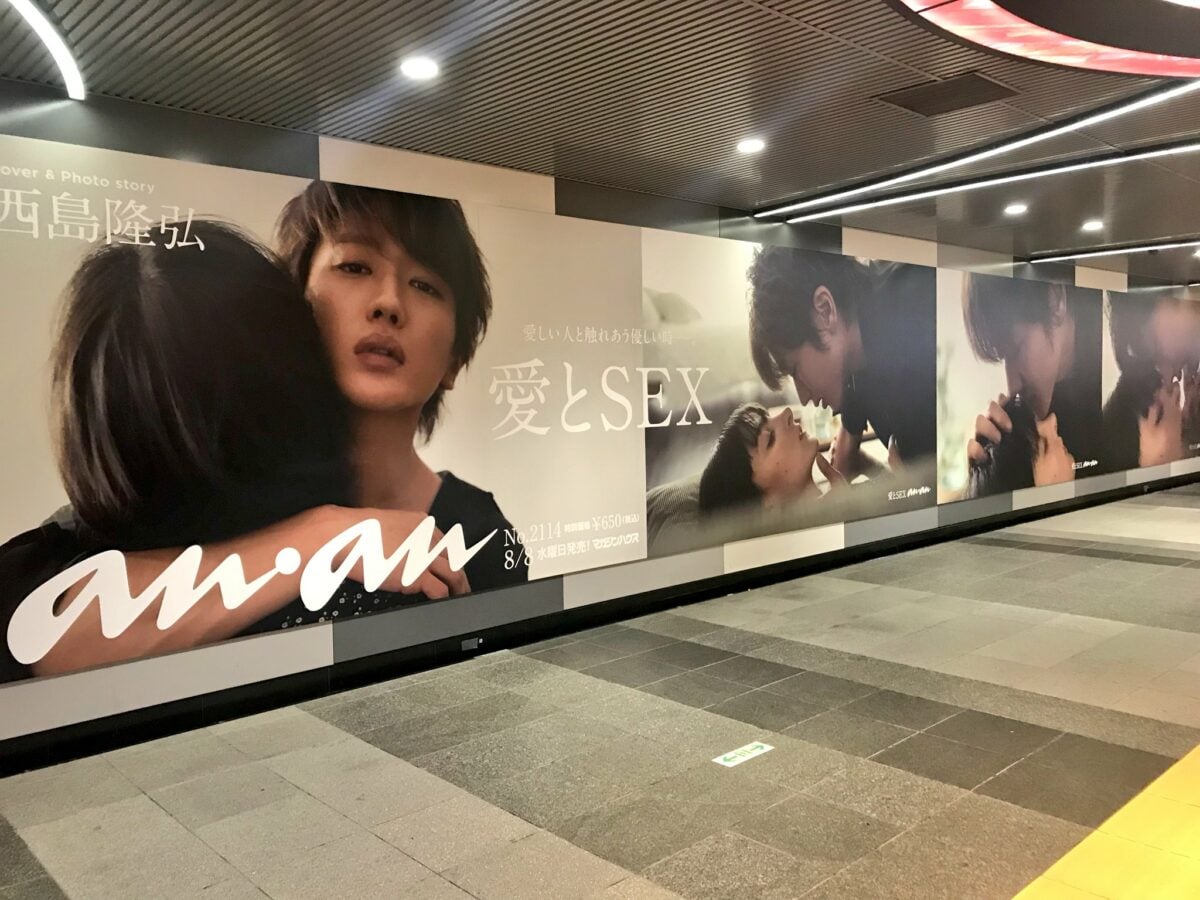
How Did Japan’s Otakus Respond to the Controversy?
Otakus gonna otaku, and pushback on the idea that displaying cute anime girls in public is negative for society was strong. One user pointed out that female fashion magazine Anan’s extreme “Love and Sex” advertisements in Shibuya Station could well make anime fans uncomfortable.
https://twitter.com/agito_manicure/status/1596422988244848640
Another fan asked why advertisements for Kyoani’s Free! Iwatobi High School showing skimpy male bodies was okay but this wasn’t?

Yet another commenter posted a manga panel that said, “Calm down. It’s just a drawing.”
Not every responder favored anime-style game advertisements in public places. One replied, “The advertising agency is not a legal judge. As a private citizen, I have issues with images of high school students wearing bunny girl costumes in places where alcohol is served being displayed in a train station.”
Kanako Otsuji was born in Nara and served one term each in the Osaka Prefectural Assembly, the national House of Councillors, and the national House of Representatives. She also served as the head of the Constitutional Democratic Party of Japan, the second-largest political party in Japan by current Diet seats held. She was Japan’s first openly gay politician and has a female partner.
I asked J-List customers what anime needs to change. Read their replies in this blog post!
Why the Media Reaction to This Controversy Concerns Me
One concern I have is the way Japanese media outlets jumped into the fray when Ms. Otsuji made her tweet. The same mechanism that makes social discourse in the West so hellish in the Age of the Internet — the fact that sensational stories get clicked on, so eventually only sensational stories are published, making everyone angry all the time — seems like it could be finally seeping into Japanese society.
I’ve been told repeatedly that one of the keys to understanding Japan is that whatever happens in the U.S. or Europe will happen in Japan around a decade later. This is because Japan is a conservative country and would like the West to take the lead on important social issues while Japan follows along at a safe distance. There’s a Japanese proverb for this, which is
石橋を叩いて渡る
Ishibashi wo tataite wataru, meaning “tap a stone bridge with a stick repeatedly before crossing” [to make sure it’s not going to collapse on you.]
Whenever some big change comes along in society, Japan will generally wait a decade or so before embracing it. When California banned smoking in all restaurants and public places in 1998, I said to my wife, “Just watch. Japan will follow suit in 2008.” And pretty much like clockwork, Japan banned all public smoking (except in designated areas, usually separate rooms with outside ventilation) about a decade later.
(Sometimes, Japan surprises me by being ahead of this curve. Currently, hundreds of municipalities already recognize same-sex marriage. If the country legalizes it nationally around 2025, Japan will be right on schedule.)
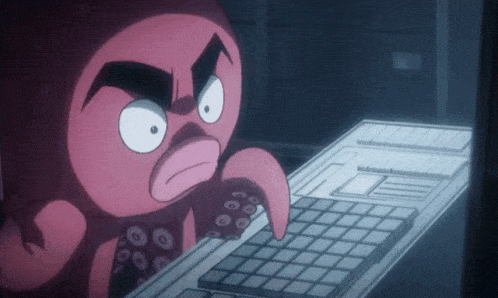
My current concern is that Japan will start embracing the intensely negative online discussions that descended onto the West with the Gamergate scandal in 2014. If news outlets see their clicks going off the charts whenever they pour fuel on the fire of the latest online controversy, it might lead to a vicious circle of more and more negativity on the Internet.
Of course, it’s important to remember that much of this online negativity came from Russia and President Putin, who began an “information war” against the West in 2014. Everything from how you reacted to Gamergate at the time to how you feel about the latest Star Wars movies was influenced by Russian provocateurs to a nonzero degree. So try to keep that in mind the next time you get involved in a disagreement with someone online.
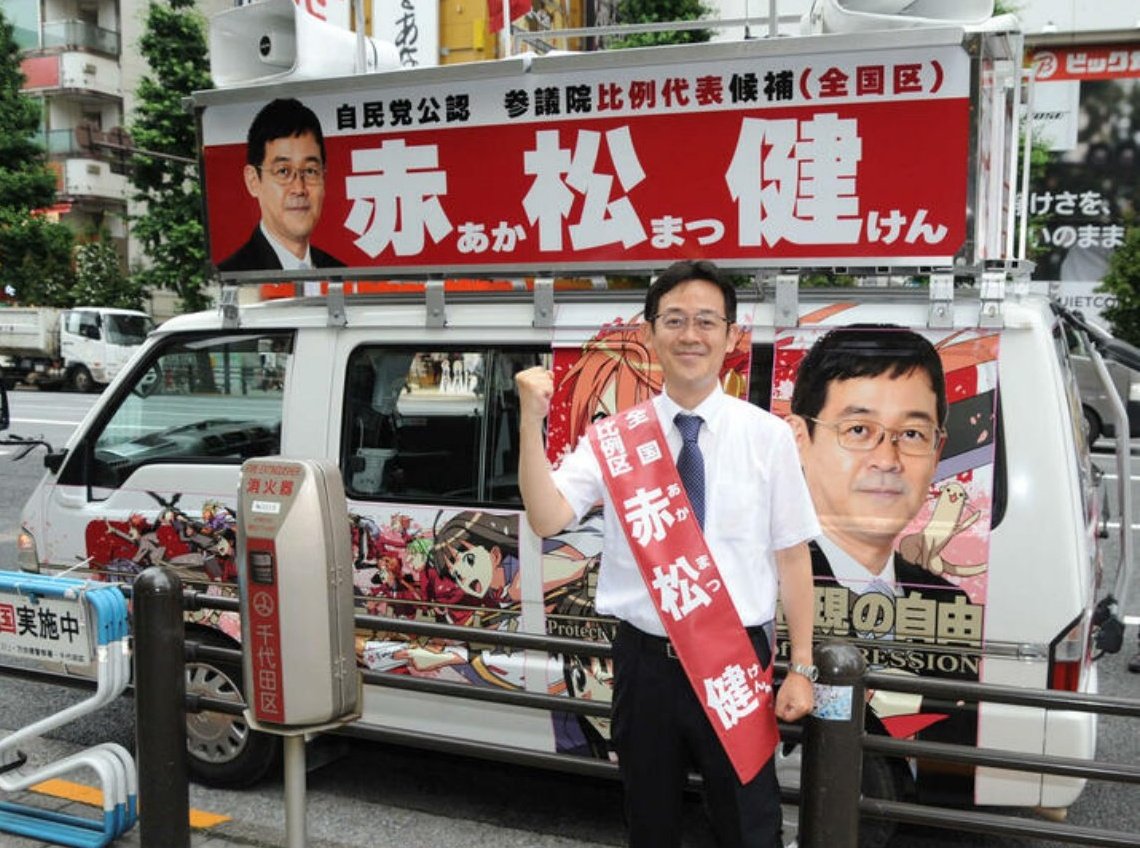
Japan is Not Going to Let Censorship Ruin Otaku Culture
In the end, I’m not overly concerned that certain voices will be able to shame Japanese creators into changing the otaku culture we all love. Studios know that the loudest people attacking Uzaki-chan or Ishuzoku Reviewers on Twitter are not fans but activists with a specific agenda, and generally tune them out in favor of actual fans. And we’ve got great people like manga-ka Ken Akamatsu, who won a seat on the Japanese Diet on a platform fighting against censorship of manga and anime.
Thanks for reading this post about the controversy over anime-style advertisements in Osaka. Got any comments on this topic? Post them below, or reply to us on Twitter!

The Holiday Season is fast approaching, and J-List wants to thank everyone for helping us get through this challenging year. Take an extra $20 off all orders of $100 or more shipping from Japan using code EARLYCHRISTMAS. Start browsing awesome products here!



